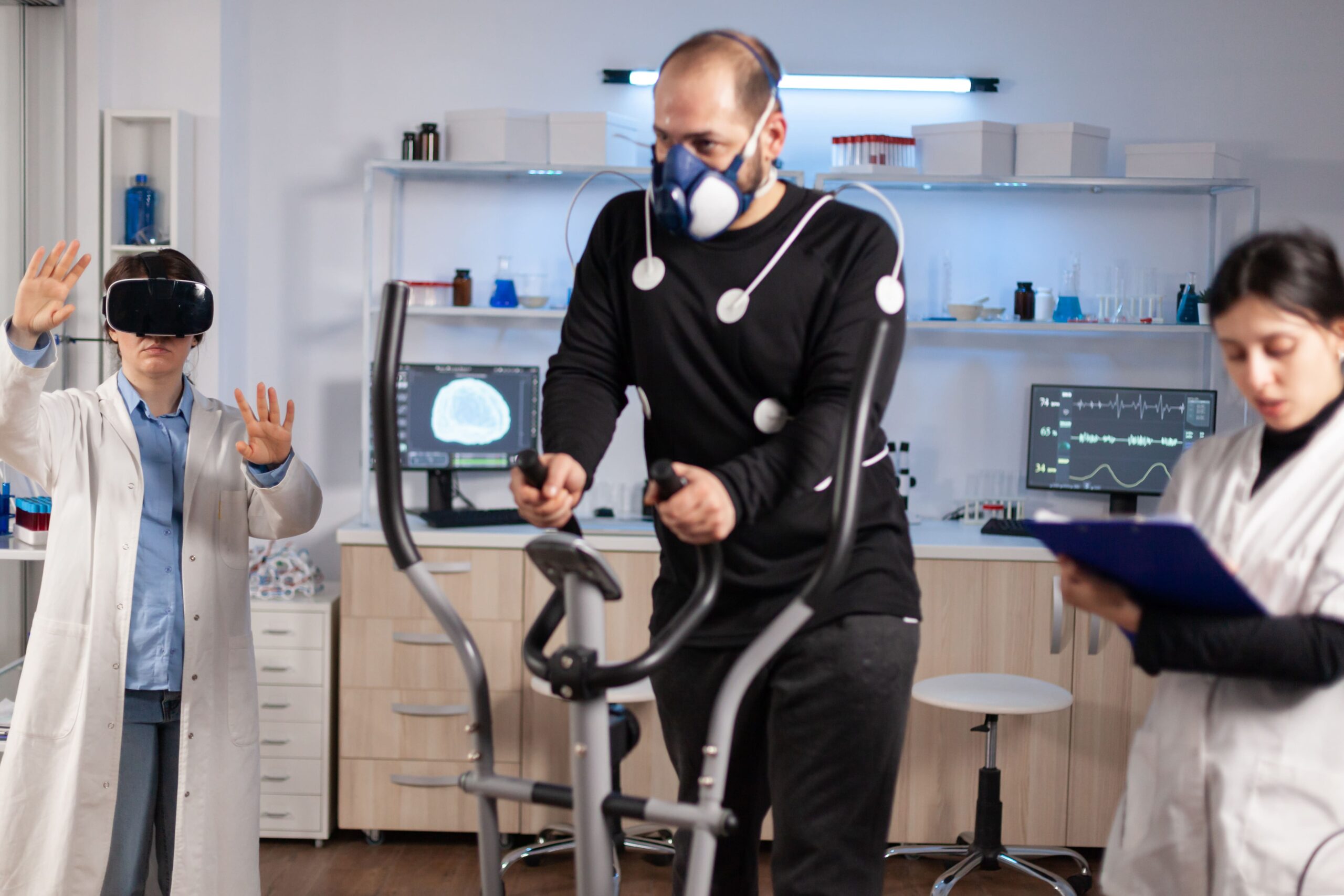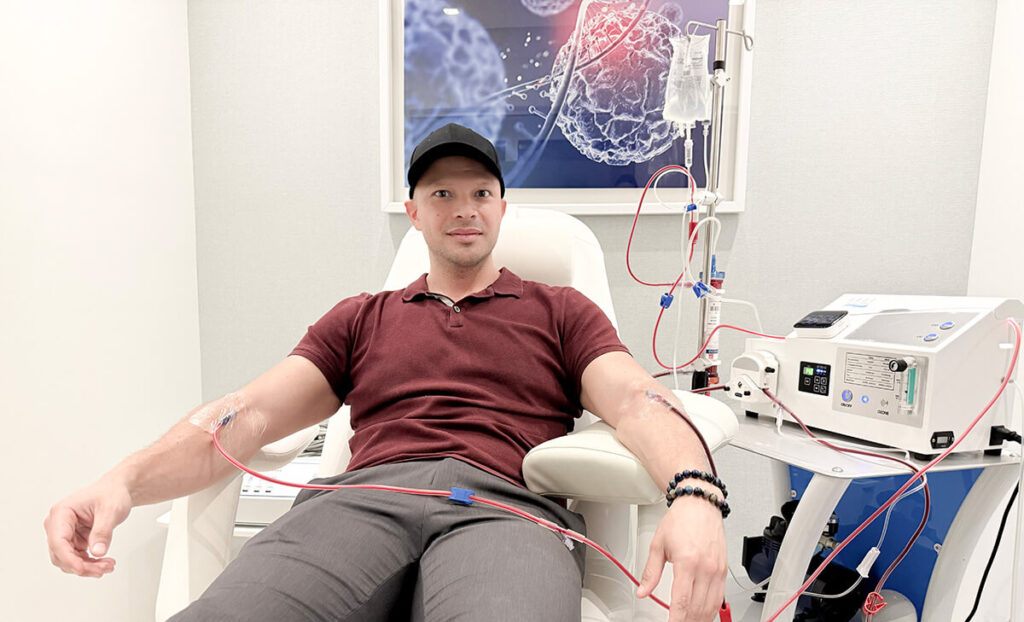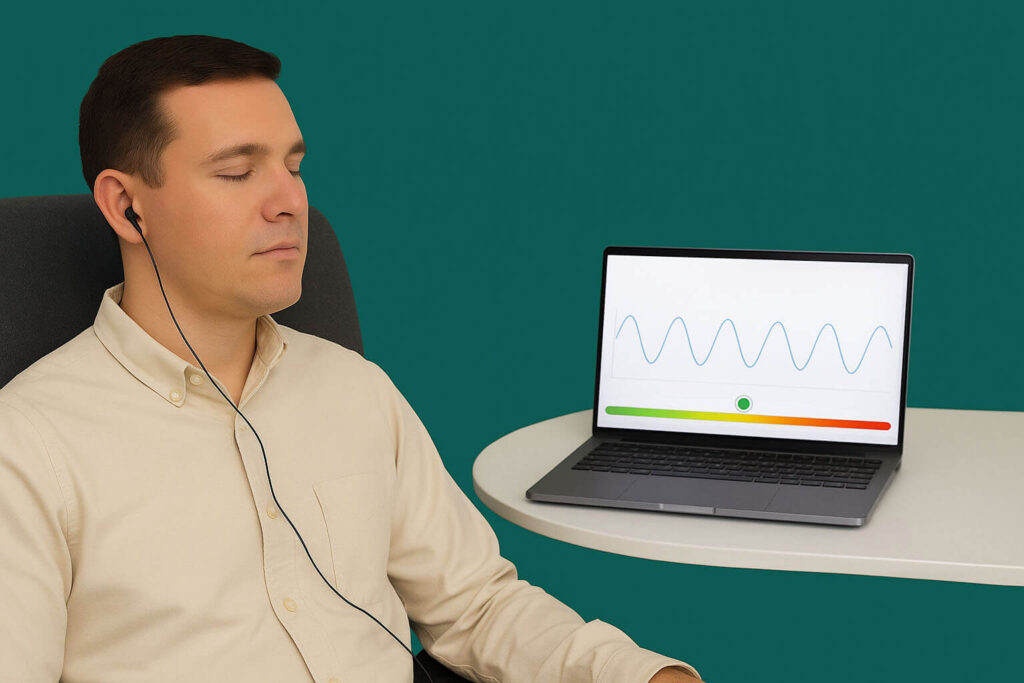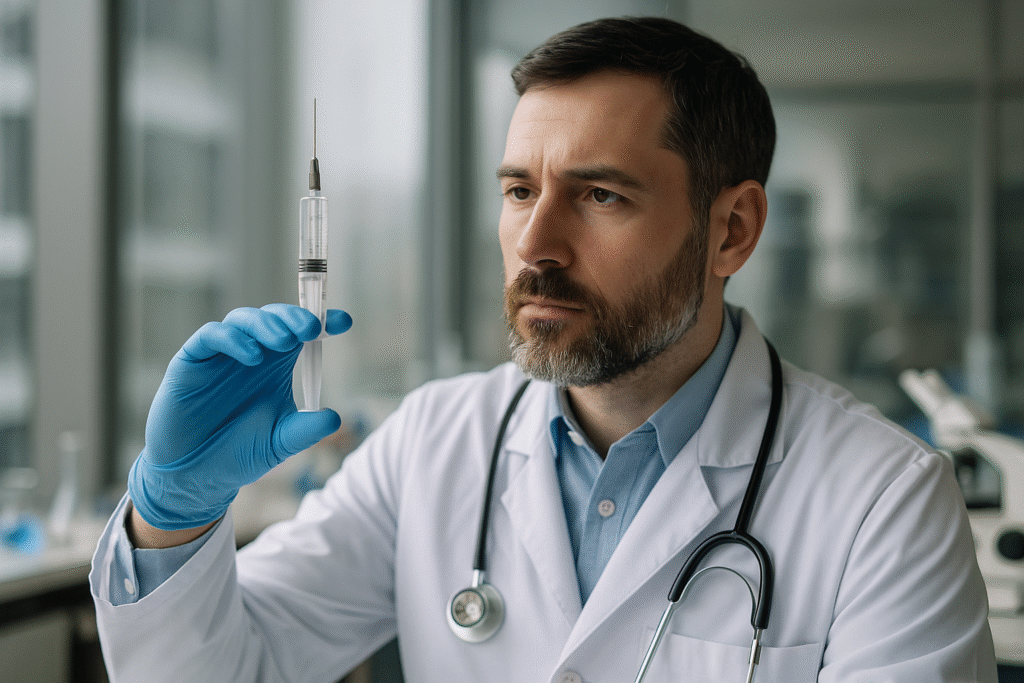Hydration in sport performance and recovery is an important aspect most athletes overlook. However, underestimating it can directly affect the body’s functioning during training and competitions.
Did you know that athletes can lose between 0.3 and 2.4 liters per hour through sweat, including water, salt, potassium, calcium, magnesium, and chloride?
The amount of sweat an athlete can lose during an hour of training varies depending on the intensity of the exercise, environmental conditions, and heat acclimation. Still, it’s important to note that these fluids lost must be replenished even during training.
No matter if you are an amateur or professional athlete, remember that you must maintain an adequate level of hydration because it affects not only your performance during competition but also your recovery capacity and athletic performance.
Benefits of Hydration in Sport Performance
Hydration in sports performance is essential for athletes because it helps prevent problems that could compromise their physical activity during training and competitions.
Have you ever wondered what happens when your body doesn’t have enough water? The answer is simple: All these functions are compromised, which can lead to a decrease in athletic performance.
Often, cramps and injuries are associated not only with muscle fatigue from strenuous training but also with dehydration, which also affects energy levels and body temperature during exercise.
When you have good hydration, your body can metabolize carbohydrates and fats more efficiently, providing a constant supply of energy during physical activity and improving your performance.
Additionally, if your muscles are adequately hydrated, they are more flexible and less prone to tears or strains.
Moreover, taking care of hydration in sports performance helps optimize your temperature and prevent hyperthermia, which is the sudden increase in body temperature without being injured or suffering from infections.
Hydration in Sport Performance Impact have in your recovery that you don’t know
Proper hydration in sport performance greatly benefits the acceleration of muscle recovery, reduction of post-exercise fatigue, and improvement in the elimination of toxins from the body.
An important fact is that athletes who hydrate well after exercise tend to recover faster and experience less muscle soreness, allowing them to return to training more promptly and improve their athletic performance.
During exercise, muscles undergo small tears and damage that need to be repaired to grow stronger. Proper hydration ensures that proteins and amino acids are efficiently transported to muscle cells.
However, post-exercise fatigue can be exacerbated by dehydration, increasing the workload the heart must perform to pump blood, which generates a greater sensation of tiredness and exhaustion.
Good hydration helps maintain an adequate balance of electrolytes and ensures that the body functions efficiently, thereby reducing post-exercise fatigue.
Additionally, consuming liquids before, during, and after training facilitates the elimination of these toxins through urine and sweat. Otherwise, the body produces metabolic waste such as lactic acid, which can accumulate in the muscles and cause pain and stiffness.
Electrolytes and Molecular Hydrogen: A Powerful Combination for Athletic and Sport Performance
Proper hydration helps maintain a proper electrolyte balance and ensures that the body functions efficiently, thus reducing post-exercise fatigue.
Electrolytes are electrically charged minerals that help maintain fluid balance, transmit nerve impulses, and contract muscles. These include sodium, potassium, calcium, and magnesium.
Maintaining electrolyte balance before, during, and after exercise helps prevent cramps, muscle fatigue, and dehydration; and maintains blood pressure and nerve function.
Another important fact to know is that molecular hydrogen and body hydration are closely linked, especially in the context of athletic performance and overall health.
Molecular hydrogen (H2) is the simplest form of hydrogen and consists of two hydrogen atoms bonded together. In recent years, it has gained attention in the health and sports field due to its potent antioxidant and anti-inflammatory properties.
Electrolyte Levels
To ensure that your electrolyte levels in your body are optimal, you can include supplements of these minerals in your daily diet, as well as doses of molecular hydrogen, always under strict medical supervision. At Xtend Optimal Health, we have both supplements available.”
How to Maintain Optimal Hydration for Sport Performance
To maintain optimal health you should know how to get hydration in sport performance, it is not only important to consider the amount of liquids consumed but also the type of drink and the electrolytes they contain.
Remember that the human body is mostly composed of water, which is why you need to replenish the amount of fluids lost during exercise through sweating. Here are the benefits offered by some drinks you can consume while training:
- Water: It´s suitable for most moderate physical activities.
- Sports Drinks: It contains electrolytes such as sodium, potassium, and magnesium, as well as carbohydrates that help maintain energy levels and replenish glycogen stores.
- Recovery Drinks: They often include proteins in addition to electrolytes and carbohydrates to aid in post-exercise muscle repair.
Strategies to Stay Hydrated During Exercise
Staying hydrated before, during, and after exercise is crucial for athletic performance. It is recommended to drink approximately 500 ml of water two to three hours before exercise to ensure a good hydration base.
To ensure that your body is well-hydrated during your workout, it’s ideal to design an effective strategy to help you avoid the consequences of fluid loss without replacement:
- Consume liquids regularly: During exercise, drink between 150-300 ml of water every 15-20 minutes. Adjust this amount according to the intensity of the exercise and environmental conditions.
- Ingest sports drinks: For exercises that last more than an hour or are performed in extreme heat conditions, sports drinks can be more beneficial due to their electrolyte and carbohydrate content.
- Plan your hydration: Include scheduled breaks to drink fluids, especially in prolonged training sessions or competitions.
- Listen to your body: Pay attention to signs of thirst and symptoms of dehydration, such as dry mouth, fatigue, and dark-colored urine.
Achieve Your Maximum Performance with Xtend Optimal Health
Achieving your maximum athletic performance not only depends on paying attention to your body’s hydration needs before, during, and after exercise but also on the optimal nutrition required for recovery.
At Xtend Optimal Health, we have specialists ready to advise you on your nutritional needs through our Nutritional Supplementation consultations, which help complement the gaps in your daily diet regarding levels of vitamins, minerals, and other nutrients.
Among our patients are many athletes who have reported significant improvements in their performance and recovery shortly after starting this treatment. Specifically, they state that it:
- Helps improve athletic recovery.
- Reduces dehydration.
- Contributes to reducing oxidative stress.
- Promotes weight loss.
- Increases blood circulation and oxygen supply to damaged tissues.
- Reduces tissue inflammation and headaches.
- Helps manage pain better.
- Reduces chronic fatigue syndrome.
- Improves cardiovascular health.
Xtend Optimal Health
At Xtend Optimal Health, we understand the physical needs and demands of athletes. Therefore, in addition to Targeted Nutritional Supplementation, we offer other services that will optimize your health through personalized attention.
Visit our website xtendcells.com for more information and to book your appointment with our specialists. Click on the “Schedule Consultation” button. For more information, you can also contact us at +18584379192.





